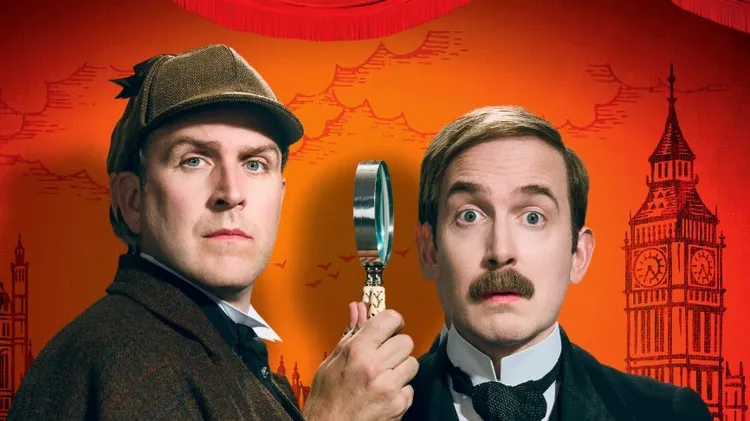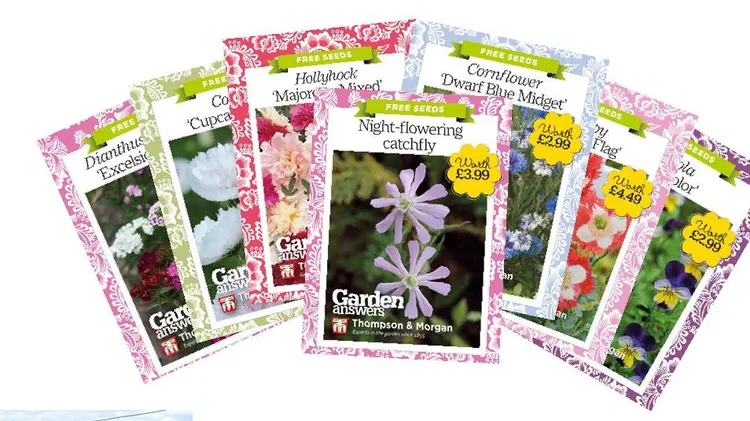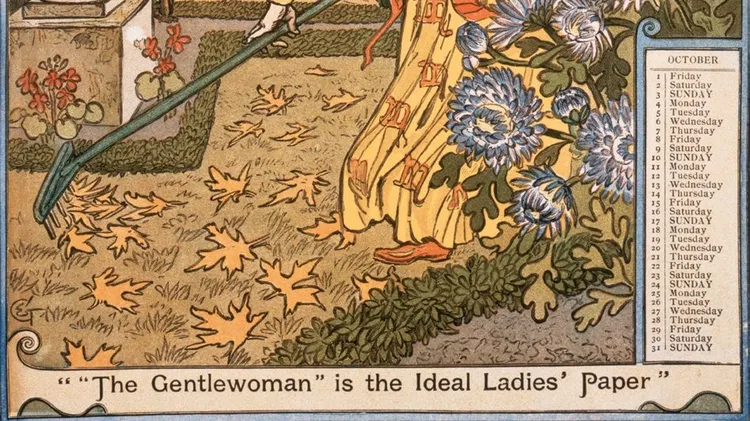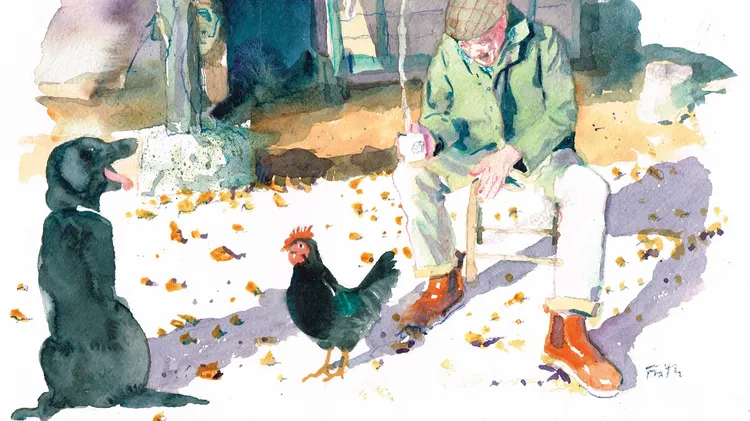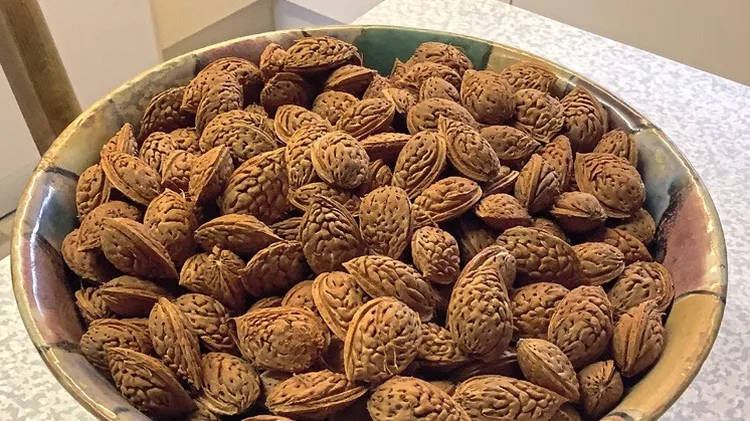Bees are beautiful, and essential for human life. So why don’t we protect the
Nicola chester
2 min read
This article is from...
Read this article and 8000+ more magazines and newspapers on Readly

